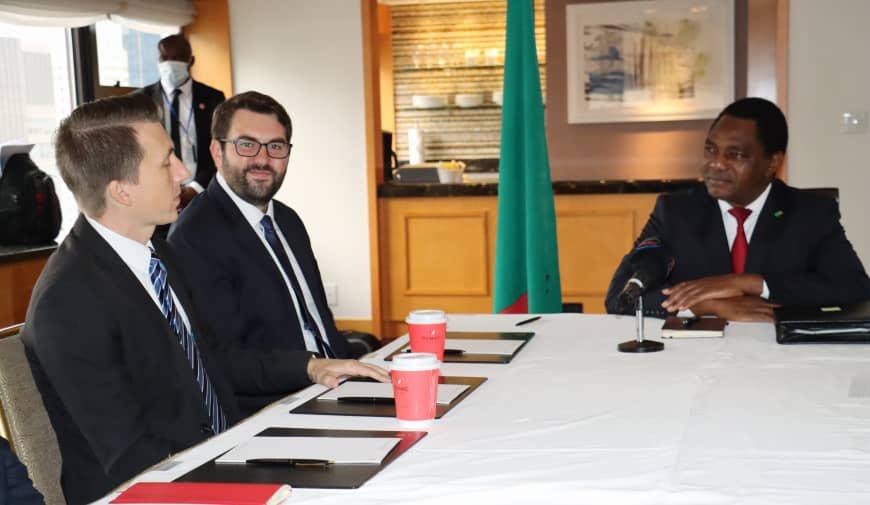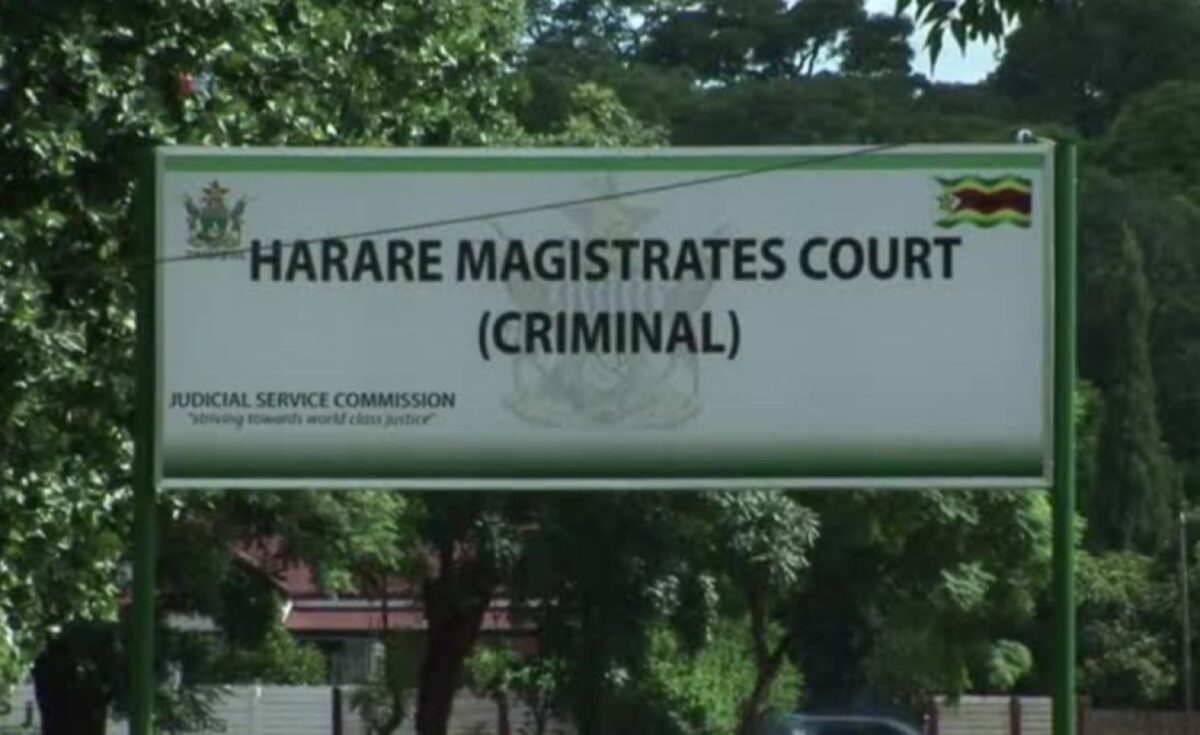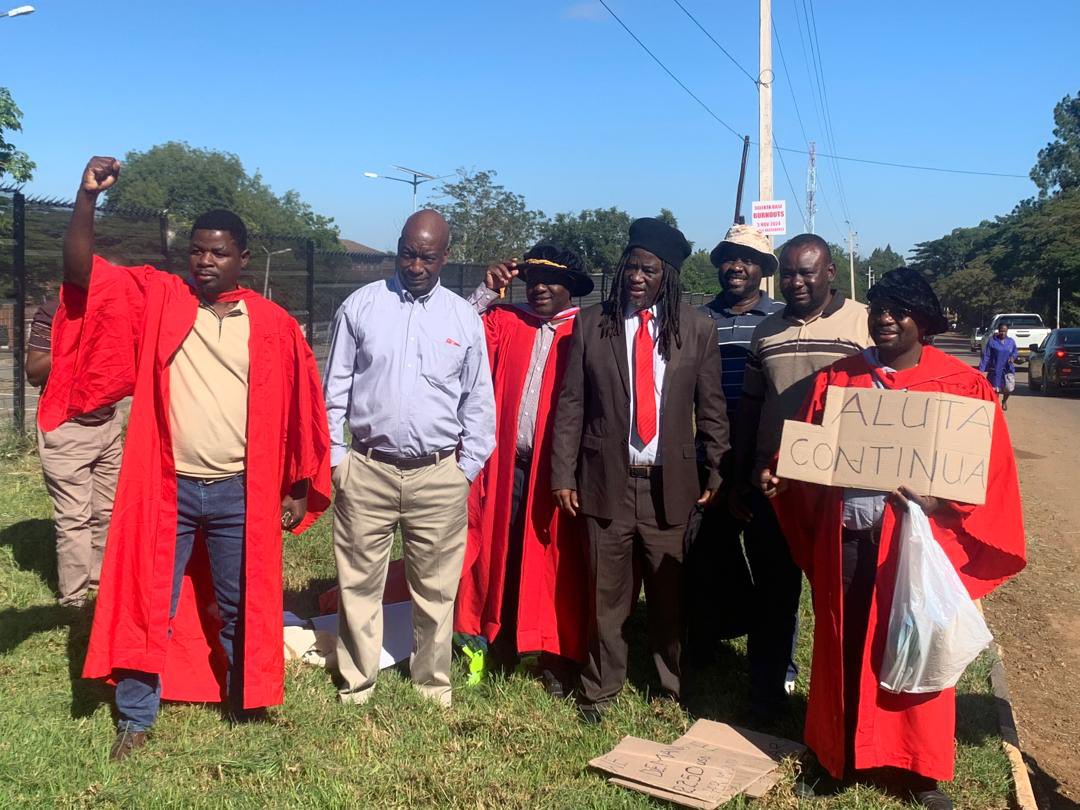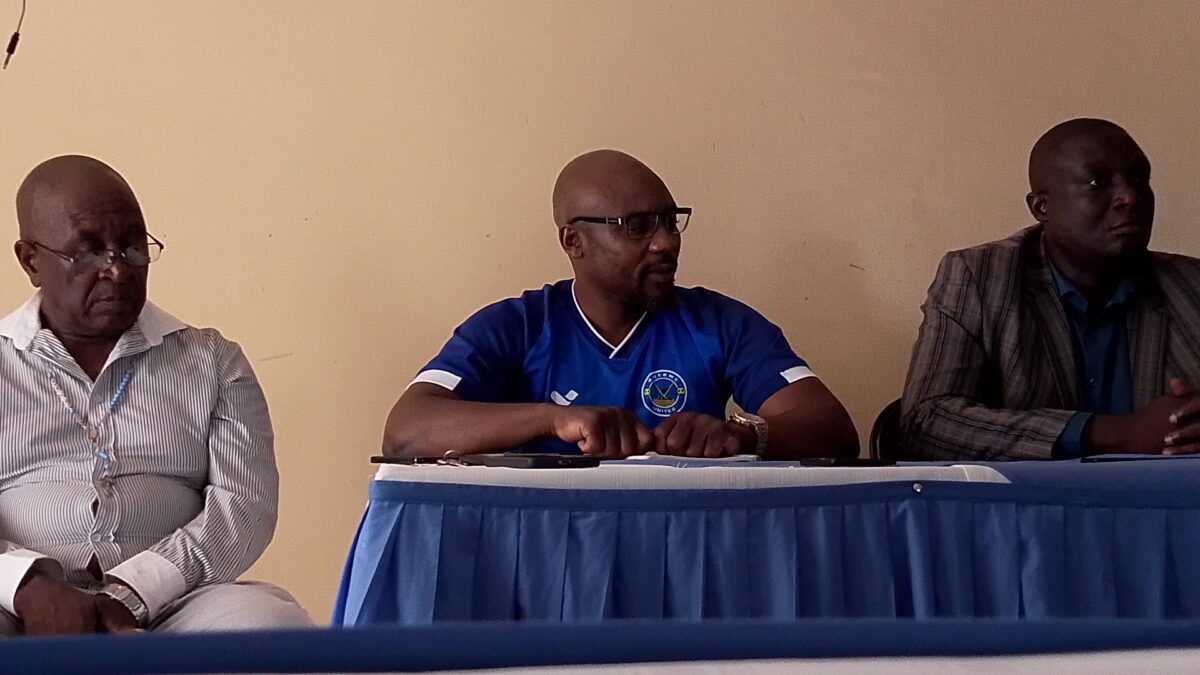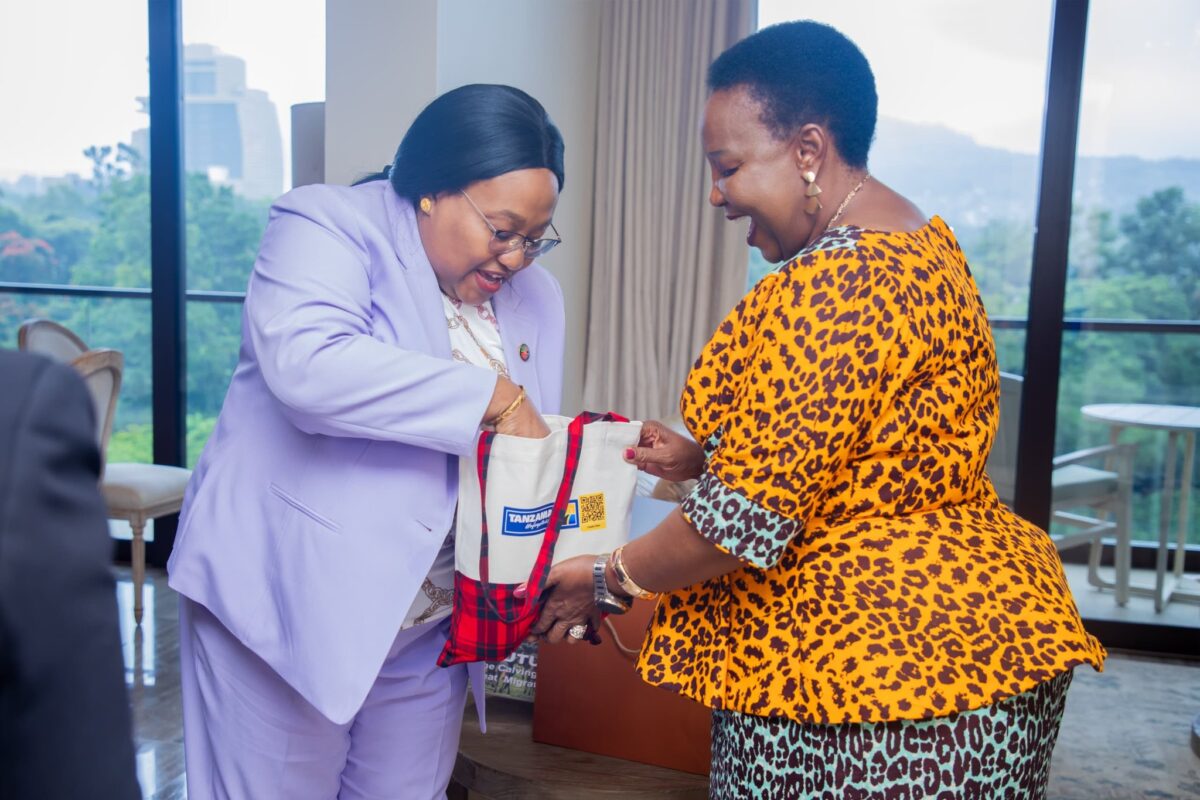NEW YORK, United States – SpaceX billionaire Elon Musk on Tuesday said the company’s Starlink satellite broadband service will be launched in Zambia soon, following a meeting between his representatives and President Hichilema Hakainde in New York.
Jito Kayumba — the Special Assistant to Hakainde — on Monday tweeted about SpaceX and the country’s officials meeting about Starlink services.
He said: “Our president’s engagement with the team from SpaceX and their Starlink initiative will escalate Zambia’s position in the digital economy and enable universal access to internet and other technologies. Grateful for this initiative from visionary entrepreneur Elon Musk.”
Musk responded to Kayumba’s tweet, stating: “Looking forward to providing Starlink service to the people of Zambia!”
President Hichilema, in New York for the United Nations General Assembly, said he intended to “quickly sort out Zambia’s connectivity issues as this is the only way we can truly have a functional e-government of the 21st century.”
Nigeria and Mozambique were the first countries to grant regulatory approval for Starlink in Africa.
SpaceX is aiming to rapidly expand Starlink, and it is racing rival satellite communications companies including OneWeb and Amazon.com Inc’s yet to launch Project Kuiper.
SpaceX has steadily launched some 3,000 Starlink satellites since 2019 and has amassed hundreds of thousands of subscribers in the United States, including many who pay US$110 a month for broadband internet using US$599 worth of self-install terminal kits.
Over time, Starlink has said it plans to deploy 12,000 satellites in total at a cost of roughly US$10 billion. The company currently offers beta services in 11 countries.
In May, Musk said the low-Earth orbiting satellite network had received more than 500,000 pre-orders for its internet service and anticipates no technical problems meeting demand.
Starlink users everywhere share the same infrastructure in space. Each can theoretically access the internet by owning a dish mounted outdoors at a spot exposed to clear skies.

The average download speed for mobile internet in sub-Saharan Africa was 9 Mbps in 2020 (12.08 Mbps in Zambia). Starlink’s 100 Mbps download speed is nearly 10 times higher than the African average.
Questions remain over the high-speed internet’s affordability in Africa, although its vitality is not in dispute as it offers connectivity to areas which cannot be reached by fibre.
Starlink, critics say, may be too expensive for its “ideal” rural consumers in Africa. In Nigeria, the company said customers would pay a one-time fee of US$599 for the dish and router, and US$110 for a monthly subscription. A premium product tier costs $2,500 for installation and $500 in monthly fees.
In August, Starlink said in an email to customers that prices could be adjusted to suit the local market.
“The price reduction factors in your local market conditions and is meant to reflect parity in purchasing power across our customers,” the company said.

